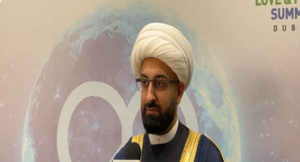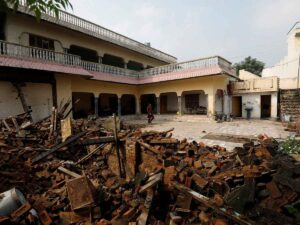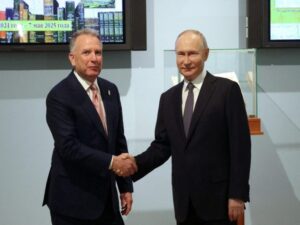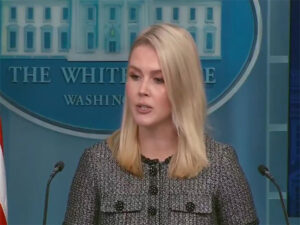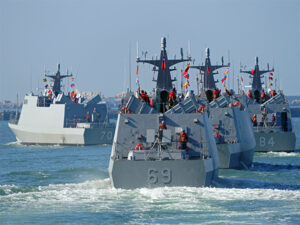Sultan AlNeyadi sends back critical research samples on Dragon cargo spacecraft
Dubai [UAE], April 18 (ANI/WAM): The Mohammed Bin Rashid Space Centre (MBRSC) on Tuesday announced Sultan AlNeyadi along with his crew was responsible for sending back critical research samples on the Dragon cargo spacecraft before its return from the 27th contracted cargo resupply mission to the International Space Station (ISS). The spacecraft carrying approximately 1950 kg of valuable scientific experiments and other cargo back to Earth, splashed down off the coast of Tampa, Florida in the US on Sunday at 12:58 UAE time.
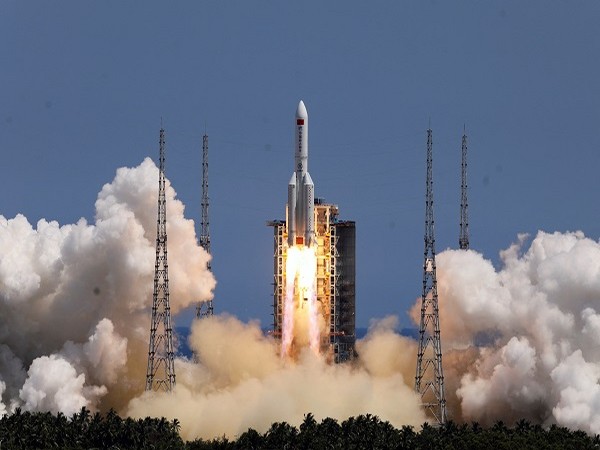
AlNeyadi, who has been working on scientific experiments on the ISS, completed the stowage of critical research samples along with his Expedition 69 crew members, that include NASA’s Flight Engineers Stephen Bowen, Woody Hoburg and Frank Rubio. AlNeyadi further accessed the Minus Eighty-Degree Laboratory Freezer (MELFI) on the ISS, that can reach temperatures to a low of -100°C, to preserve some samples before sending them to Earth and was also involved in loading the used station hardware inside the Dragon spacecraft. Some of the scientific investigations that were returned to Earth include the following:
Space tomato harvest: Studying the growth, nutritional value, and microbial safety of dwarf tomatoes grown in a miniature greenhouse aboard the ISS, which could improve food systems and horticultural therapy on Earth.
Growing higher quality crystals: Testing a crystal growth method for silicon-germanium (SiGe) semiconductors in space, with potential applications in solar cells and electronics.
Analysing aging arteries: Monitoring arterial changes in astronauts to identify cardiovascular risks and provide insight for prevention and treatment of arterial stiffness on Earth.
Fire safety: Investigating burning and flammability in microgravity to enhance fire safety for future space missions, and improve combustion models for terrestrial applications.
AlNeyadi also activated the Dragon spacecraft’s monitoring tools and software and closed the vehicle’s hatch before it undocked from the ISS. After splashing down off the coast of Florida, the Dragon cargo carrying the experiments were transported to NASA’s Space Station Processing Facility at the Kennedy Space Center in Florida, allowing researchers to collect data with minimal sample exposure to Earth’s gravity. The completed research and discarded lab gear will now be sent to scientists and engineers around the world for analysis.

